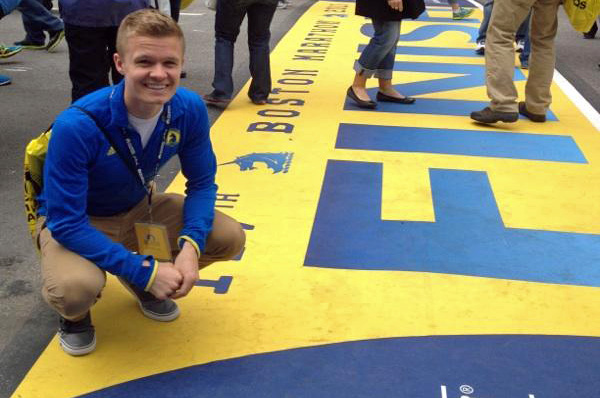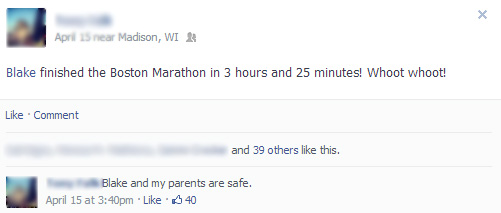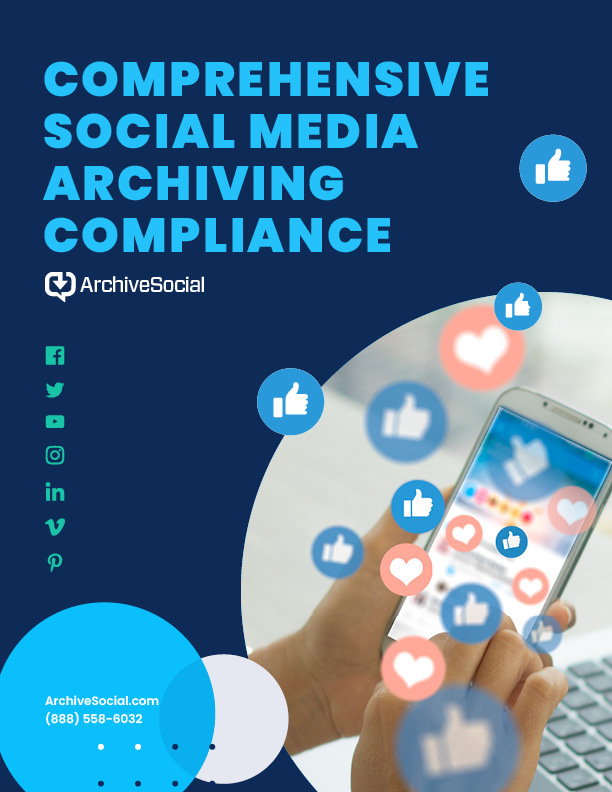This is the first post in a two part series chronicling the recent Boston Marathon bombings and the role of social media in its aftermath. The first entry will focus on ArchiveSocial’s intern’s experience at the Boston Marathon. The second will focus on social media’s larger role in the immediate aftermath of the tragedy.
They say that life should be about the journey, not the destination. But by the 13.1 mile mark, this no longer mattered. I just wanted to finish. My stress fractures screamed louder than the crowd at Wellesley College, and I had dramatically fallen off pace. There was a long road ahead before reaching Boylston Street, and doubts began to creep in.

The unthinkable happens
Little we did know that 45 minutes later, an unthinkable tragedy would occur. When I found out, I was in a dormitory at Boston University preparing for my flight. My parents were on the opposite side of Boston retrieving our rental car. I flipped the TV on, and breaking images of the explosions looped on screen. Sirens blared outside our window.
I needed to let my parents know I was safe; I needed to know that they were safe. In a matter of minutes, my friends would want to know if we were safe.
I didn’t have my phone – it was with my parents in the rental car in a city that had been shut down. I got a hold of a friend’s phone to call my parents, but the towers were jammed. We fitfully connected via text. We were safe, and we agreed to meet at the airport. Meanwhile, the news of the tragedy spread almost instantly. Friends and family who had followed my brother’s updates on Facebook were aware of the explosions. My phone received upwards of 30 text messages asking if I was alright, but it sat in my suitcase across the city.
Facebook’s role
Unbeknownst to me, my parents had texted my brother that we were okay. My brother immediately posted to Facebook that my parents and I were safe, reaching all of my friends in a single post. And although a tragedy unfolded blocks from where I sat safely in the dorm room, my brother’s post provided many with relief.
Facebook allowed my friends and family a small bit of comfort, spreading the news to those I cared about almost immediately so they didn’t have to worry as my texts went unanswered. I count myself as fortunate to have my family safe after last week’s heartbreaking events, and I am thankful that my friends and family did not have to wait anxiously while fearing the worst. It is a small comfort, but in retrospect, I am grateful that Facebook was able to spread the news of my safety to my friends and family when a minute in waiting can feel like an hour.


